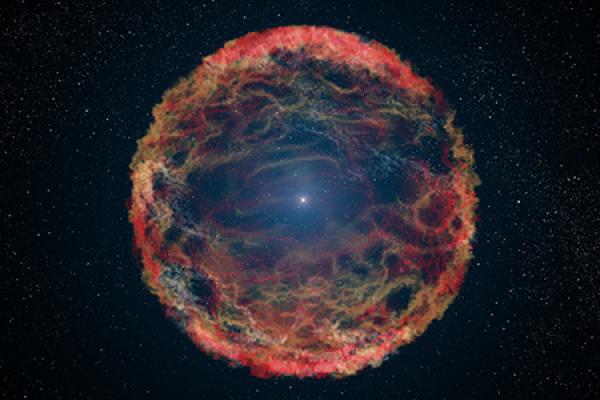News

Temperature has increased about 10-fold over the last 10 billion years
COLUMBUS, Ohio -- The universe is getting hotter, a new study has found.
The study, published Oct. 13 in The Astrophysical Journal, probed the thermal history of the universe over the last…
Accepting Applications for CCAPP Postdoc Fellows Position
The Ohio State University Departments of Astronomy and Physics invite applications for Postdoctoral Fellows in the OSU Center for Cosmology and AstroParticle Physics (CCAPP).
A successful…

Particle Astro Experimental Group Receives Awards
First, CCAPP Fellow Steven Prohira is PI of a collaborative award (OSU lead institution) for the Radar Echo Telescope. With this 4-year award for $474k we will build, deploy, and…

2020 Price Prize Winners Announced
CCAPP is proud to announce Chiara Salemi (MIT) and Carl Fields (MSU) as the winners of the 2020 Price Prize in Cosmology and Astrophysics!
Chiara’s research focuses on searches for low-…
CCAPP Scientists Chosen for APS-IDEA teams
Annika Peter and her entire team, which include students, staff and faculty from Physics (Terry Bradley, Beatriz E. Burrola Gabilondo, Kirsten Casey, Chandrodoy Chattopadhyay, Ami Choi, Emilio…

CCAPP Scientist Annika Peter Awarded Grants
One of our scientists, Annika Peter, was awarded two grants to conduct research that will continue to reveal the mysteries of the universe! We look forward to seeing these studies carried out and…

Massive Neutrino Detector Upgrade to Better Detect Supernovae Relics
Scientists are boosting the sensitivity of the Super-Kamiokande neutrino experiment, developed by an international team that includes astronomy and physics professor John Beacom, allowing it to…

Scientists publish largest 3D map of the universe ever created
Data shows that about 6 billion years ago, the universe’s expansion accelerated COLUMBUS, Ohio --A new three-dimensional map, built after decades of collecting and
analyzing data from the…

The Milky Way has one very hot halo, astronomers find
The Milky Way’s halo — the hazy, gaseous cosmic cloud surrounding our galaxy —is way hotter than we thought. The research, led by professor of astronomy Smita Mathur, could lead to insights about…
